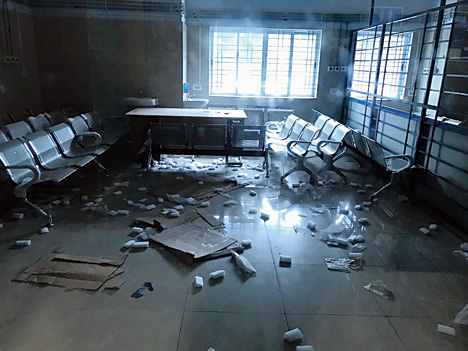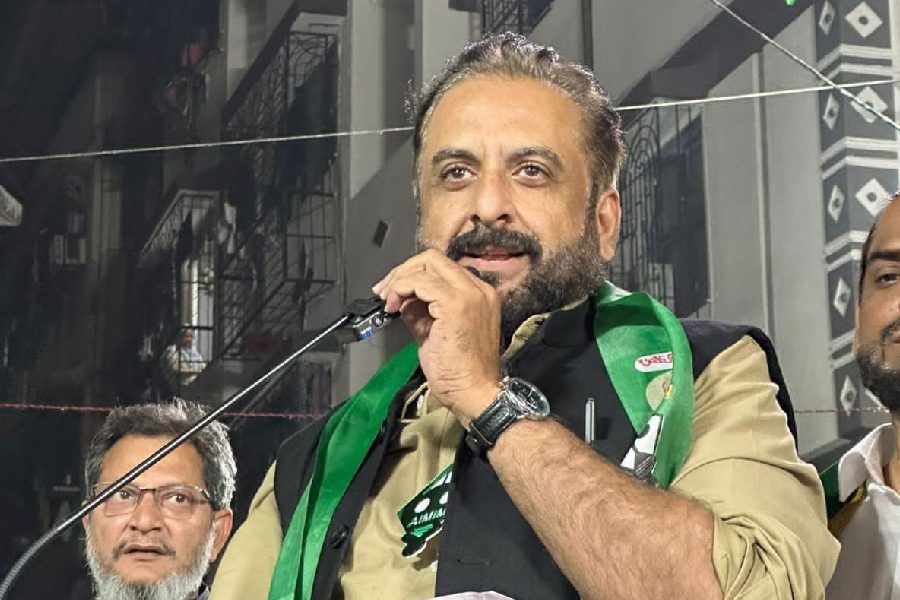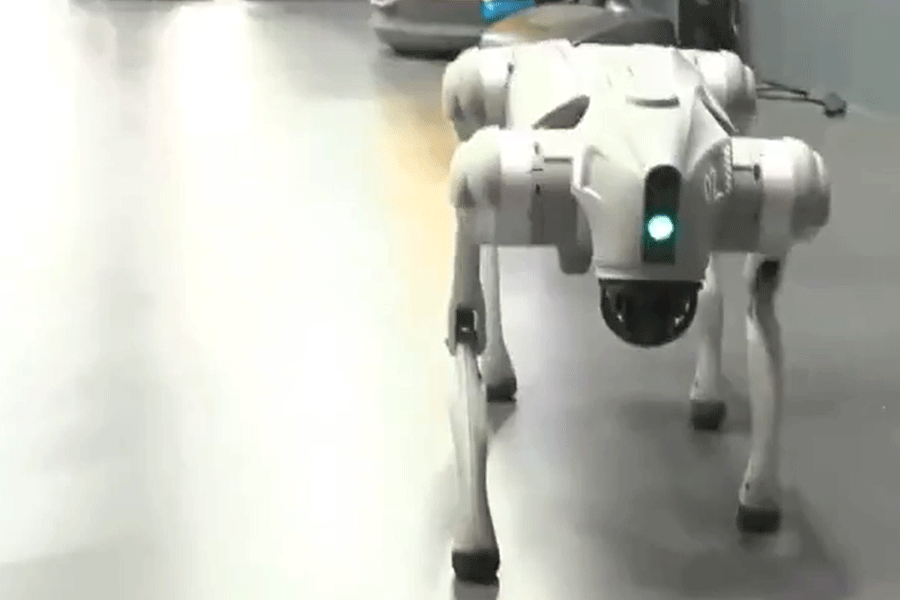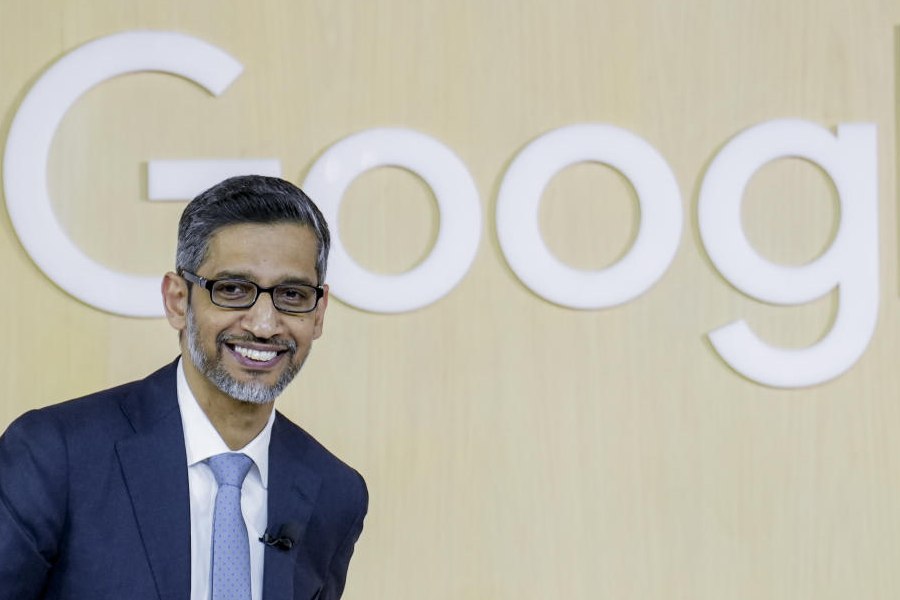
Tollygunge: The 10-storey MR Bangur Super Speciality Hospital that opened in the heart of south Calcutta in February last year has more security guards to patrol its desolate corridors than doctors to treat patients.
The blue-and-white structure is one of the 42 super speciality hospitals that chief minister Mamata Banerjee had set out to establish as part of her strategy to take state-run health care beyond the overburdened teaching and referral hospitals.
In the 17 months since the Tollygunge hospital officially became operational, much of the infrastructure has remained unused and the equipment in various stages of unpacking.
The emergency ward is a sprawling one that would be the envy of congested state-run hospitals, but even the beds and tables haven't been arranged yet. The observation room has been locked since the day the hospital opened. Ditto the adjacent doctor's room.
The cardiology department has a lone interventional cardiologist who can't perform any procedure that a patient might need because he has no support staff, including resident medical officers and nurses. "The cardiologist only prescribes medicines," an official said. "We expect the cath lab to be opened soon, but it can function only if there are doctors and nurses."
Of the 500 beds across departments, 296 "can be used" but are mostly vacant, according to the official.

A senior government doctor blamed faulty planning for medical staff not being available to run a hospital that has long opened. "The idea of having a super speciality hospital in every district was to reduce the load on Calcutta's top state-run teaching hospitals and also ensure that patients don't have to come all the way to the city for treatment, only to find that beds are not available in the referral hospital," he said.
Health department officials said doctors being unwilling to join government service was the problem. The number of sanctioned posts for the new super speciality hospitals is 10,440, but only 6,600 doctors have been appointed so far.
The referral hospitals are also facing a shortage of resident medical officers.
MR Bangur Super Speciality Hospital immediately requires 15 specialists in various disciplines and 25 resident medical officers. It also needs 150 more nurses to be fully operational.

Patients needing emergency care are referred to the nearby MR Bangur Hospital. Critically ill people are sent to one of the medical colleges.
A doctor from SSKM Hospital's School of Digestive and Liver Diseases visits once a week to treat patients. Orthopaedics, ENT and ophthalmology are among the few departments that are functioning to some extent.
The chief minister had last week blamed the "wrong policies" of the Centre for Bengal not having enough doctors to run its health care services.
"We are not getting any doctors in the state. No doctor is willing to work in the rural belt. All this is happening because of the wrong policies of the Union government," Mamata said in the Assembly.

She didn't explain why a super speciality hospital within the city hadn't found doctors yet.
"We are the only state that offers medical services to the people completely free of cost. Show me one state in the country doing it like us," Mamata said.
The chief minister, who has retained the health portfolio, said her government had considerably increased the allocation for health care compared to when the Left Front was in power.










